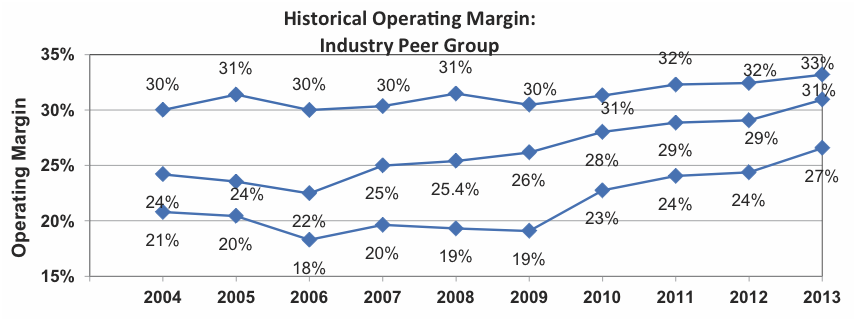How To Avoid Investing Too Conservatively
Post on: 3 Август, 2015 No Comment

Read about five ways to invest $5,000 here .
Read about five ways to build a web presence here .
Learn about when to sell a mutual fund here .
Read about the financial factors behind population decline here .
Read about preparing to sell your business here .
by Tim Parker
If you don’t do anything, you can’t lose money. That might be true with slot machines, horse racing and the lottery, but it’s not true with investing. Skilled investors know that the price of doing nothing or not enough can result in losses; not the lost value of stocks or mutual funds, but other losses not plainly visible to the eye of a new investor. Here’s what you need to know about how these losses can affect you.
Beware of Inflation
If you have a few decades behind you, you probably remember the days of being a kid, where you could hop on your bike with a quarter, take it to a local store and buy a piece of candy. As you got older, you remember buying gasoline for less than a dollar per gallon.
Your money had more buying power back in those days, but today a quarter has to be combined with other quarters to have much buying power and a gallon of gas is close to $4. For an investor, inflation is fundamentally important; just as inflation has contributed to changes in the price of gas over the years, it can have a surprising affect on your investments, if you’re not prepared for it.
Holding cash for short periods of time is a wise investment choice, but over the long term you’re silently losing purchasing power, and purchasing power is the only reason we hold currency. How do you combat inflation? Put that money to work but only in investments that earn a rate of return higher than the rate of inflation.
Junk Bonds
Because interest rates are so low, getting gains that beat inflation from government or investment grade bonds is sometimes difficult. Junk bonds, also known as high-yield bonds in the form of a low-fee mutual fund or exchange-traded funds (ETFs), can pay yields of more than 7%, in some cases. The downside is the increased level of risk, but for many investors the level of risk is appropriate. Bonds have been in a bull market for the past few years and there’s no guarantee that the bull market will continue. Always have an exit strategy in place.














